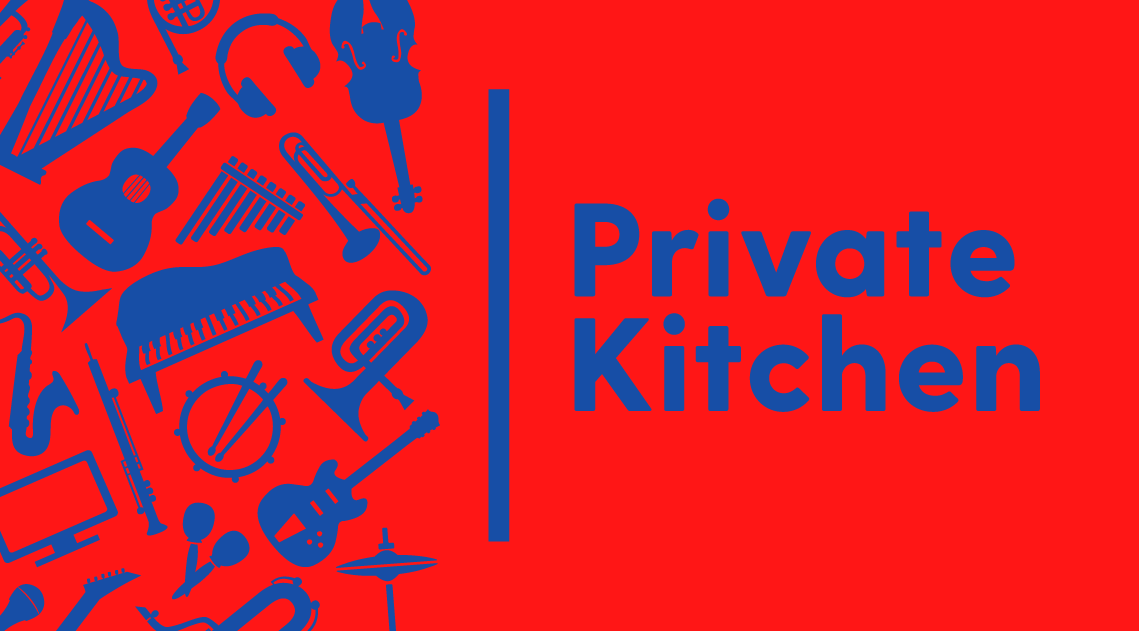AI: a useful tool or a threat to the media composer?
This article is provided for by Buma Music in Motion on LinkedIn.
Buma Music in Motion is the place in the creative industries where music and media converge.
Buma Music in Motion brought fellow media composers, music professionals, and creative industry leaders together for BMIM Special. Since BMIM is all about sharing knowledge, we'll share a few of the panels the creatives joined on a successful day at LAB111 as articles. It was time for one of the most pressing topics of today's world: AI.
The world of AI in music is bursting with developments, such as that StabilityAI researchers have found a way to create audio from scratch with HarmonAI. Will AI compete with (commercial) composition and sound design? John Ashley Burgoyne, Ilyaz Nasrullah, and Janne Spijkervet dive in.
From left to right: John Ashley Burgoyne, Ilyaz Nasrullah, and Janne Spijkervet. Photo: Birgit Bijl.
Ashley Burgoyne is a lecturer at the University of Amsterdam and the director of its Amsterdam Music Lab. Besides that, he's one of the directors of the AI Song Contest, an annual competition on AI and music. Ilyaz Nasrullah is a digital strategist and helps all kinds of organisations when it comes to digital innovation in the long term. He has a background in informatics and data science. Janne Spijkervet currently works at TikTok, where she researches music applications, both in the app and outside. She graduated from the Conservatory before going to the University of Amsterdam.
So, is AI a threat to music composers, or not, according to these three?
Ilyaz Nasrullah thinks it's both. 'Videos with AI-generated music on the internet often sound terrible, but people react to with amazement. That's the real threat to me. It's not about how well you can generate music with AI, but how low the threshold is to find it good. And on the other hand, there's so little appreciation for art and being able to make music, for example. That also applies to being able to make images or writing texts. There seems to be a need to be able to do something without actually being able to do it - that's another threat. But I don't want to say it's just threats.'
Ashley Burgoyne agrees: 'There are threats, but there are also opportunities. One of the goals of the AI Song Contest that I'm co-organising is always to emphasize co-creation. That it's not push-button AI, where you suddenly get a piece of music, that's possible now, but what we want is to find out what the new possibilities of cooperation between computers and humans are. What I see at the AI Song Contest, and it's a surprise to me, is that it's mainly younger musicians who use AI. They're still working together, with more engineering backgrounds. But it's mainly young artists who want to try something new. When we look at the public's opinions, because we have a jury and a public vote for the AI Song Contest, and we ask them if they would recommend the AI-generated song to one of their friends, you see that the scores are still a bit low. I think that, for media companies, as for all companies, humans will still be able to compose better music than artificial intelligence. It's a tool to enrich, but people would always be better off touching other people, I think, for a good few years.’
Janne Spijkervet likes to focus on the opportunities AI gives composers. 'It's a real change for composers. I also worked as a composer for several years, and there are certain things I did then that I think are fundamentally different in a few years. I have to ask myself, is that good or bad? An example is what we see now with Stable Diffusion, where you can go from a storyboard, or with Photoshop, to a pitch demo. It's good that that kind of work is optimised in a certain way; we could embrace those tools as soon as possible.'
'The same thing goes for tools that can change someone's voice or clone it. What I don't like about that is the threat that an artist can say everything. It's quite special that it's happening already - that the developers, especially from the open source community, take certain liberties to make a Kanye West, Drake, or The Weeknd Song, by themselves. I think it's interesting for music labels and music supervisors that you can quickly fantasise about how you can use an artist for your own (commercial) translation. That opens doors.'
Written by: Meike Jentjens



















